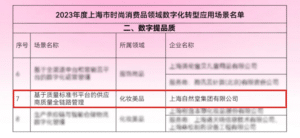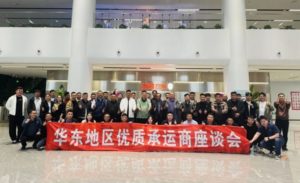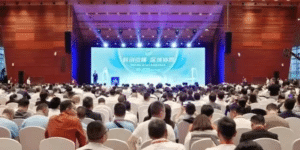Chinese graduates lower expectations in sluggish job market
[ad_1]
For two years, Liang Huaxiao, an applied mathematics graduate, tried to find a job at a Chinese tech giant, then she tried customer service and sales, and she later applied for assistant positions at a bakery and a beauty salon . Like a growing number of her highly educated peers, Liang Huaxiao has struggled to find a source of income in China’s worst ever youth job market. The 25-year-old lives with her parents in the northern industrial city of Taiyuan. “Finding a job was really hard,” she said. “I told my family I would do manual labor and my mom cried. She felt sorry for me.” The shortage of factory labor in China is exacerbating the imbalance in China’s job market, and such examples will become more common in the next few years According to China’s National Bureau of Statistics, the unemployment rate among Chinese youth aged 16 to 24 hit a record 20.4 in April this year. %, 11.58 million college graduates will enter the job market this summer, a record high. All are vying for jobs in what remains one of the world’s fastest-growing major economies, but China’s manufacturing-heavy structure is increasingly out of line with the expectations of younger generations. Industries most popular with new Chinese graduates, such as technology, education, real estate and finance, have faced regulatory crackdowns in recent years. Some measures have been lifted, but business confidence has been slow to recover. From January to April this year, private fixed asset investment only increased by 0.4% year-on-year, while state-controlled investment increased by 9.4%. Keyu Jin, author of “The New China Playbook: Beyond Socialism and Capitalism,” a book chronicling China’s economic rise, said: “China’s education is ahead of the economy. Means that more diplomas are issued than are needed in a manufacturing-based economy.” “There’s a big gap between expectations and reality in the economic environment,” she said. “Rolling up your sleeves” It’s not clear how many Graduates take jobs below their skill level, but state media has acknowledged the trend. State media editorials encouraged young graduates to “roll up their sleeves” and profiled a woman in her 20s who became a garbage collector after a brief stint as an accountant. In a recent state media article, President Xi Jinping repeatedly warned young people to “ask for hardship,” emphasizing his ordeal during the Cultural Revolution. But the message hardly resonates with today’s young people who take prosperity for granted. China’s education and human resources ministries did not immediately respond to requests for comment. Beijing has urged state-owned enterprises to recruit more graduates and began expanding vocational training schools to fill a shortage in advanced manufacturing. Some local governments, including Shanghai, provide employment subsidies to companies that hire graduates from the class of 2023. Others have also embarked on a hiring spree. The service sector, at the forefront of China’s post-pandemic recovery, offers few high-skilled jobs. “Many white-collar service jobs have disappeared, and the new jobs are mainly in areas that don’t require higher education, such as catering and tourism,” said Chim Lee, an analyst at the Economist Intelligence Unit. Tired graduates” On social platforms such as Xiaohongshu, some graduates advocate “taking off the scholar’s robes” and rejecting the notorious “996” working system of Chinese companies, which means working from 9 am to 9 pm every day. 6 days a week. “Young people no longer believe that one’s worth comes from studying hard or being successful in one’s career,” said Han Zhaoxue, a 26-year-old master of public administration graduate who now works with They co-founded a country house. Wang, a 23-year-old programming graduate, earns less than 3,000 yuan ($420) a month as a food deliverer in the eastern city of Jining. “The barriers to entry in the programming industry keep rising. I couldn’t find a job at a big tech company, and I hated doing unpaid overtime during my internship at a small company,” he said. He said he was tired of this and was moving back to his hometown to prepare for the civil service exam. (This article is based on a Reuters report.)
[ad_2]
Source link







